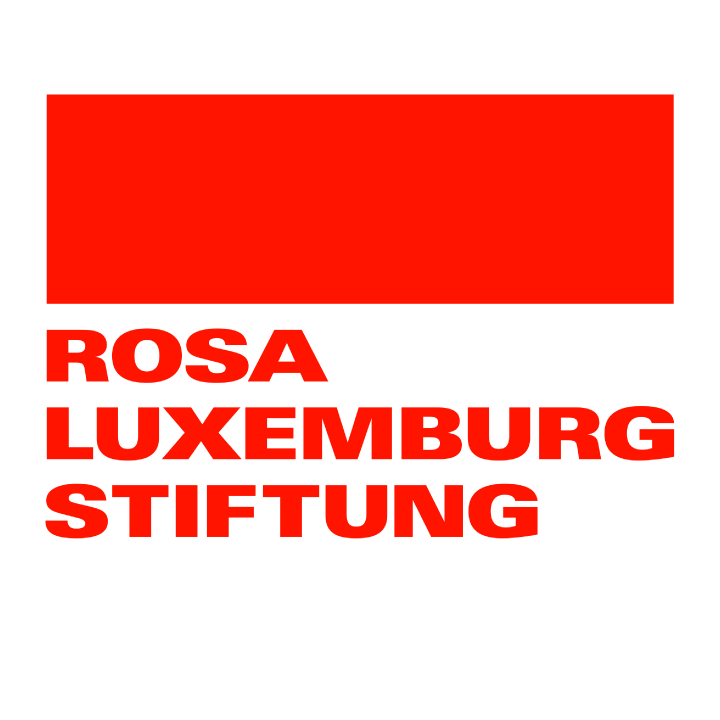Overview
As Wendy Brown’s seminal work Undoing the Demos masterfully sums it up, we live in an era of crisis – the crisis of social cohesion. This crisis makes people vulnerable to economic conditions and creates a social environment where seeds of hate, misogyny, xenophobia, etc. grow fast. Some nations are so polarized; they already seem to be on the verge of a civil war. A new type of political leadership emerged to exploit the masses‘ dissatisfaction, and people lose their intention to coexist with their fellow citizens. As such, conflicts have become the rule of governance in the authoritarian phase of neoliberalism.
This course aims at pointing out this authoritarian tendency from a critical peace studies perspective with a special regional focus on the political developments in Turkey. Our study of social conflicts and peace in Turkey will start by introducing different approaches to this topic and looking at neuroscientific, anthropological, and philosophical theories on the nature of conflict and peace. This investigation will provide us a solid foundation to be able to determine the historical conditions of conflict and peace in the era of crisis of social cohesion. In this regard, the essence of neoliberalism will be reviewed from the perspectives of both political economy and post-structuralist theories. After clarifying the conditions of the road to contemporary tyranny, the phenomena like social cohesion crisis, economization and elucidation of public sphere, and friend-enemy politics will be dealt with.
During the last years, we also witnessed some successful struggles against the authoritarian current. Black Lives Matter from the Global North and Peasants!“ Strikes from India are significant examples that could bring different demands of the left in Turkey and elsewhere with a focus on the needs of people who have suffered under the neoliberal rules for a long time. These movements were also successful in presenting that the old #normal” was the problem and the solutions to our current crisis lie beyond the old bourgeois normativity. That is why they will be evaluated as democratic and peaceful sprouts of future society. Throughout the course, special attention will be given to Turkish case, and examples such as the poisoning attitude of Turkish government against its female, LGBTQ, and Kurdish citizens will be analyzed.
Course Outline
You can see and download the course syllabus below.
Course Details
Duration
18.10.21 – 04.02.22
Credits
3/6
Language
English
Supported by:



